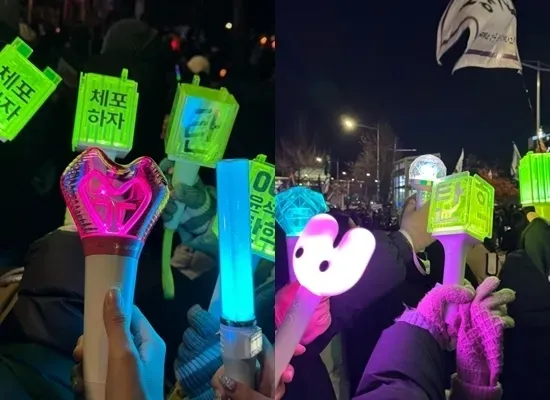Credit: Korea Institute of Curriculum and Evaluation.
For the second week in a row, the Yoon Suk-yeol 윤석열 administration continued to claim that the College Scholastic Aptitude Test 대학수학능력시험 was so overly difficult that it served only to boost profits for the private education industry. (See previous coverage, “Yoon Shakes College Prep Industry.”) The Ministry of Education 교육부 pointed to “killer questions,” or questions of extremely high difficulty designed to sort out elite scorers, as support for its claims.
The CSAT’s difficulty has been creeping up over the past decade, following a string of “Watered CSATs 물수능”, or CSATs that were too easy, in the early 2010s. Students are assigned levels ranging from one to nine on the basis of their CSAT scores, with Level 1 - necessary to attend South Korea’s top colleges - corresponding to the top 4% of test-takers. On overly easy CSATs, missing just one question can be enough to deny a student a Level 1 score. After complaints that easy CSATs reduced exam scores to a matter of dumb luck, the Education Ministry has been increasing the difficulty of the exam in order to augment its function of sorting students.
In an interview on June 21, Education Minister Lee Ju-ho 이주호 교육부 장관 said the “killer questions” were to blame for the excessive spending on college prep courses, as the test-taking strategies necessary to answer these questions must be learned from private academies. President Yoon Suk-yeol 윤석열 had ordered that CSAT questions all be drawn from the public education curriculum, so that students who apply themselves to their schoolwork could do well on the CSAT without having to rely on private academies.
The goal of making students’ schoolwork the only thing necessary for success on the college admission exam is a fine one. Unfortunately for the administration’s argument, killer questions - to the extent that they exist - already come from the public education curriculum. The most difficult questions on the Korean language and literature section of the past two CSATs, for example, were variants of questions covered by the free public TV station Educational Broadcasting System 교육방송, rather than cruel traps planted by shadowy conspirators. When asked, Education Minister Lee was unable to provide the interviewer any examples of killer questions, and said the Ministry would provide examples next week.








